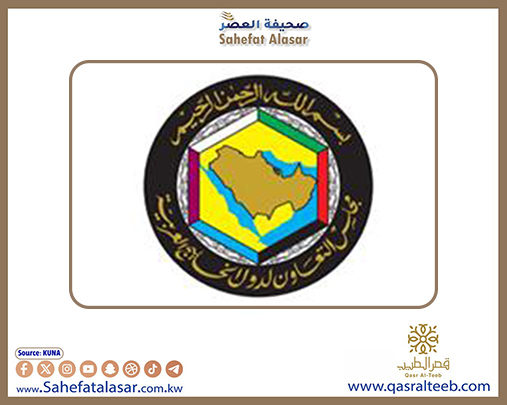


Rooted in shared destiny and common purpose, the GCC emerged from a 1976 Kuwaiti proposal by the late Amir Sheikh Jaber Al-Ahmad Al-Sabah during UAE talks with Sheikh Zayed bin Sultan Al Nahyan. Formally established on May 25, 1981, in Abu Dhabi, this regional bloc united Kuwait, Saudi Arabia, UAE, Oman, Bahrain, and Qatar through historical ties and strategic vision.
Political Milestones
Security Architecture: Established Peninsula Shield Force (1984) and enhanced military cooperation
Diplomatic Leadership: Mediated in Yemen, Syria, and Ukraine conflicts; maintained principled stances on Palestine
Global Partnerships: Forged strategic ties with EU, China, US, and ASEAN
Economic Integration
$2.1 trillion combined GDP (11th global ranking)
Landmark Projects:
Gulf Customs Union (2003)
Common Market (2008)
2,117 km GCC Railway (under development)
Electricity Grid (operational since 2009)
Current Priorities
Kuwait's 2025 presidency focuses on:
Digital transformation (34% projected GDP contribution by 2030)
Renewable energy leadership (30% of MENA's clean energy output)
Youth/women empowerment initiatives
Testimonials
H.E. Ambassador Najib Al-Bader, Kuwaiti Assistant FM:
"The GCC stands as a pivotal force for regional stability, built on our leaders' wisdom to transform challenges into collective strength."
Analyst Mubarak Al-Ati:
"This council remains the impregnable fortress protecting Gulf interests through every crisis since Iraq's 1990 invasion."
By the Numbers
67% growth in intra-GCC trade ($131.6 billion)
12,800+ GCC students studying in member states
4.5% projected 2025 economic growth
The Road Ahead
As the GCC marks 44 years, members reaffirm commitments to:
Deeper political/security coordination
Economic diversification strategies
Enhanced global diplomatic engagement
